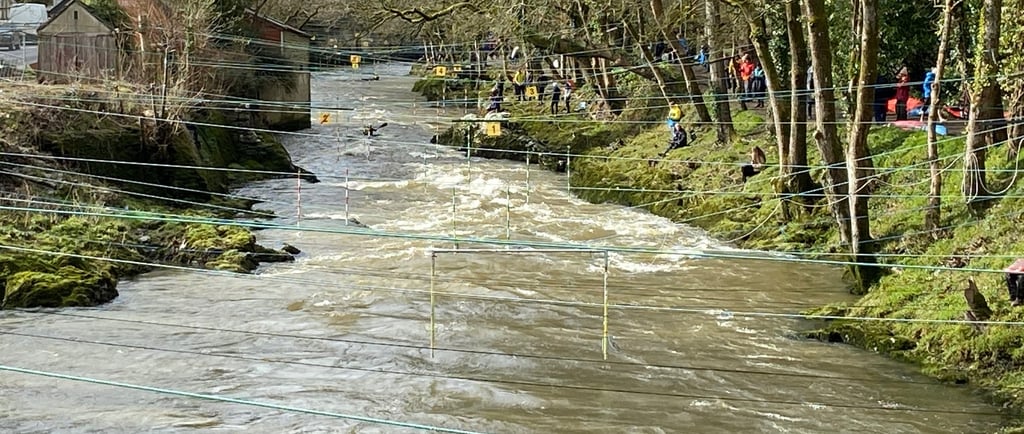Coaching reflections, part one...
2/23/20242 min read


So I’ve been informally coaching canoe slalom on and off for the last thirty years, but over the last year I’ve had the time to complete all of the various courses, practice, reflection and assessments required to become a qualified canoe slalom coach, so I can now officially coach at all levels from beginner to elite athletes (although I very much prefer coaching beginners!).
During the final assessment the assessor gave me some really lovely feedback which went a long way to reinforce that I am a good coach and know what I’m doing, rather than an imposter.
This also led me to ponder how much of that feedback would apply to business and general development of people?
“The discussion about decisions was threaded through the session and followed up well at the end and will hopefully get them to think about their decision making in the future. At this stage of development, they need to step up and take that on board, instead of being told what to do and when. They responded well and your commitment to them came through in their response to yourchallenges and tasks. This I think was also due to you respecting their knowledge and encouraging their learning, setting appropriate challenges and addressing their individual needs”
The ‘discussion about decisions’ came from a question I asked my athletes at the start of the session, asked them to think about during the session then discuss at the end – “When do we make decisions about what strokes to use?”. Canoe slalom is a white-water sport, and that white-water varies at different locations. On some course it’s very stable and predictable, so one could potentially decide what strokes to take on different parts of the course in the changing room, other courses are highly unstable and you can’t make a final decision until you’re couple of seconds from the gate.
Related to this is that athletes in all sports need to be able to make their own decisions, and have confidence in them, rather than being told by a coach (or I would argue in that case, an instructor rather than a coach) telling them what to do, when.
How is this relevant outside sport? Empowering people to have the confidence to make decisions, based on having good underlying skills/experience, and the right information. If any of those are missing, we can’t expect our teams to make good quality decision (which by the way, may not always be right…). Some of those decisions can be made well in advance as the situation is predictable and consistent, some will always have to be 'in the moment’ and reactive when things just happen.
To be continued...
Registered address: Dairy House, Moneyrow Green, Holyport, Maidenhead, SL6 2ND
Registration No: 15194682
